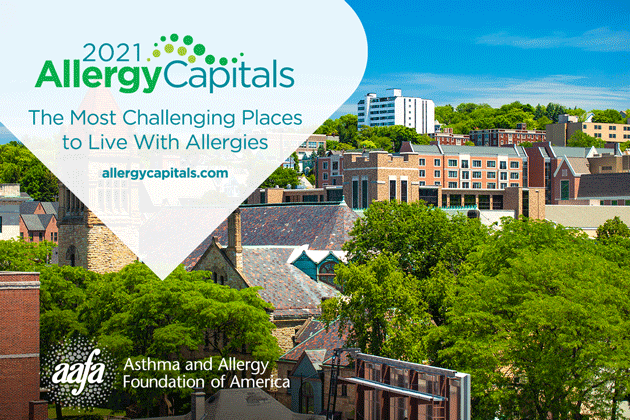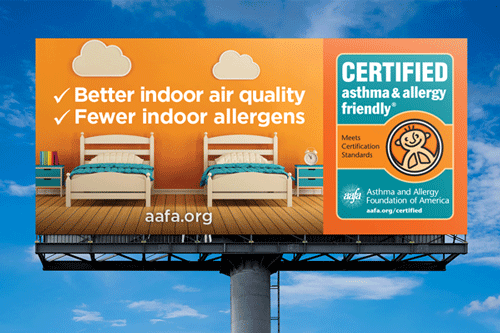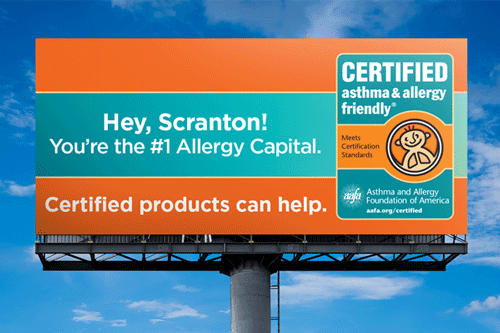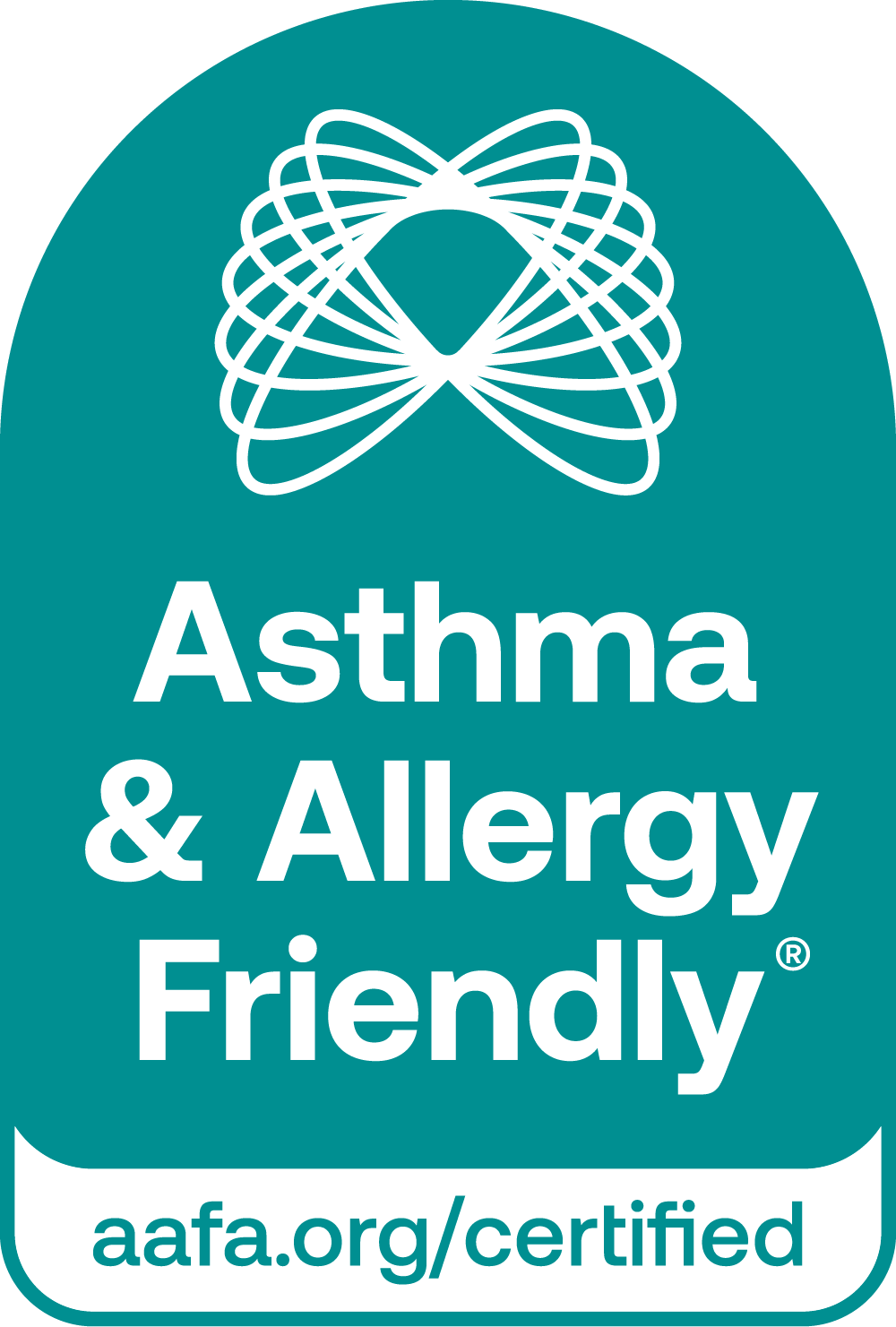On Feb. 23, 2021, the Asthma and Allergy Foundation of America (AAFA) released its annual Allergy Capitals™ report for 2021. The report identifies the most challenging cities for spring and fall allergies in the top 100 metropolitan areas in the United States. Scranton, Pennsylvania, takes the top spot this year.

Cities are ranked based on three factors: spring and fall pollen scores, over-the-counter medicine use, and availability of board-certified allergists. Richmond, Virginia, held the #1 title in 2020.
The top 10 most challenging cities overall to live in with seasonal allergies in 2021 are:
- Scranton, Pennsylvania
- Richmond, Virginia
- Wichita, Kansas
- McAllen, Texas
- Pittsburgh, Pennsylvania
- Hartford, Connecticut
- Springfield, Massachusetts
- New Haven, Connecticut
- Oklahoma City, Oklahoma
- Bridgeport, Connecticut
To see the full 100-city list, go to allergycapitals.com. The report lists overall annual rankings and includes a seasonal breakdown for spring and fall.
“Allergies are a serious public health concern,” said Kenneth Mendez, President and CEO of AAFA. “More than 24 million people in the U.S. have seasonal allergic rhinitis, more commonly referred to as hay fever. Pollen allergies are a major cause. AAFA’s Allergy Capitals™ report helps make sense of the impact on individual and community health. Two notable parts of our 2021 report include the effects of COVID-19 and climate change on seasonal allergies. In 2020, fewer people felt the impact of pollen allergies. This is likely due to COVID-19 restrictions with more people staying indoors. But climate change continues to cause longer and more severe allergy seasons. If we don’t slow down the cycle, pollen production will only intensify. This means symptoms could worsen as climate change continues to evolve.”
Seasonal allergies cause seasonal allergic rhinitis. This is commonly called “hay fever.” If you have pollen allergies, allergy symptoms appear during the time of year when pollen starts releasing from the plants you may be allergic to – such as trees, grasses, or weeds.
You may have pollen allergies if you get allergy symptoms in the early spring or during the late summer or early fall.
In some parts of the U.S., tree pollen season starts as early as January. It will continue through summer. In the fall, weed pollen − especially ragweed − causes symptoms. But you can find relief with the right treatment and by managing contact with pollen.
You can use Certified Asthma & Allergy Friendly® products along with these tips to help you reduce your exposure to allergens and triggers:
- Watch pollen counts daily and schedule time outside on days when pollen counts are lower.
- If possible, use central air conditioning with a Certified Asthma & Allergy Friendly® HVAC filter.
- Keep your windows closed.
- Cover your eyes and hair with sunglasses and a hat, or other hair covering, when outdoors.
- Wear an N95-rated mask, gloves, and sunglasses/goggles when cutting grass, working with plants, or raking leaves.
- Shower and shampoo your hair before going to bed.
- Change and wash clothes after outside activities.
- Don’t dry clothes on an outdoor line. Dry laundry in a clothes dryer or on an indoor rack.
- Wipe pets off with a towel before they enter your home.
- Remove your shoes before entering your home.
- Wash bedding in hot, soapy water weekly.
- Use a nasal rinse to flush out inhaled pollen.
When cleaning inside your home, be aware that you may stir up pollen that has collected on surfaces. Certified Asthma & Allergy Friendly® vacuums and dusting cloths help trap and contain allergens like pollen. All Certified products are subjected to a range of independent laboratory tests to make sure they can reduce exposure to allergens and other triggers.
If you live in one of the top 10 most challenging cities, you may see the Certified Asthma & Allergy Friendly® markfeatured on billboards in your area. When you shop for items to make your home healthier, look for this mark. If a product has this mark, it means the product passed our standards to reduce exposure to allergens and improve air quality.


A board-certified allergist can also help you come up with a plan to manage your seasonal allergies.
Talk with your doctor before allergy season begins about which treatment is right for you.
About the Allergy Capitals™ Report
The Allergy Capitals™ ranking is an annual research and education project from AAFA. AAFA releases the report to help people recognize, prevent, and safely treat allergy symptoms. Through this ranking, AAFA raises awareness about the impact of spring and fall seasonal allergies. It provides helpful information that can improve the quality of life for people living with seasonal allergies.
Visit allergycapitals.com to see the full list and to learn more about allergy diagnosis, prevention, and treatment.
About the Asthma & Allergy Friendly® Certification Program
The Asthma and Allergy Foundation of America (AAFA) joined with Allergy Standards Limited (ASL) to create the Asthma & Allergy Friendly® Certification Program. This program helps people make informed purchases, backed by science, for a healthier home. Household products are independently tested against ASL’s strict standards. If products pass these tests, they earn the Certified Asthma & Allergy Friendly® mark.
